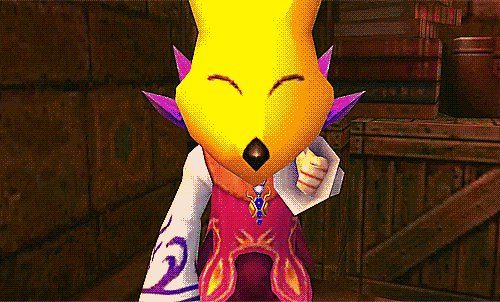I'm currently working on a little story idea. A story that features an intelligent, genderless robot. Am a bit at a loss which pronoun to use for it(?).
"He" or "she" both don't feel right. Plus, the robot will be accompanied by a human using one of these pronouns (which one I haven't decided yet), so writing my become clearer if robot and human don't use the same pronoun.
"They" has a somewhat better feel to it, but I think writing a long-ish story using this pronoun, which is grammatically a bit odd compared to the other two, might be a bit confusing. For me I mean, but there's a chance the readers would be confused too.
"It" is the one I'm currently mostly gravitating towards to, but like with "they", it is a pronoun rarely seen in longer texts in refernce to a character. Also may cause some wording to become odd, since pretty much anything else can also be called "it".
I'll probably also 'translate' the story back to my native German, where this possibly less of an issue. That language has a little quirk in that we have three articles, which in turn also decide the pronoun. And even objects can have masculine or feminine articles, not just neutral ones. So I'll probably find something fitting there. Also, German is a very oinflective language, which results in less possible grammar-confusion.
Anyway, back to English. If anyone of you got any suggestions or arguments I haven't mentioned yet, please tell me. It'd be helpful. Thanks!
"He" or "she" both don't feel right. Plus, the robot will be accompanied by a human using one of these pronouns (which one I haven't decided yet), so writing my become clearer if robot and human don't use the same pronoun.
"They" has a somewhat better feel to it, but I think writing a long-ish story using this pronoun, which is grammatically a bit odd compared to the other two, might be a bit confusing. For me I mean, but there's a chance the readers would be confused too.
"It" is the one I'm currently mostly gravitating towards to, but like with "they", it is a pronoun rarely seen in longer texts in refernce to a character. Also may cause some wording to become odd, since pretty much anything else can also be called "it".
I'll probably also 'translate' the story back to my native German, where this possibly less of an issue. That language has a little quirk in that we have three articles, which in turn also decide the pronoun. And even objects can have masculine or feminine articles, not just neutral ones. So I'll probably find something fitting there. Also, German is a very oinflective language, which results in less possible grammar-confusion.
Anyway, back to English. If anyone of you got any suggestions or arguments I haven't mentioned yet, please tell me. It'd be helpful. Thanks!
































